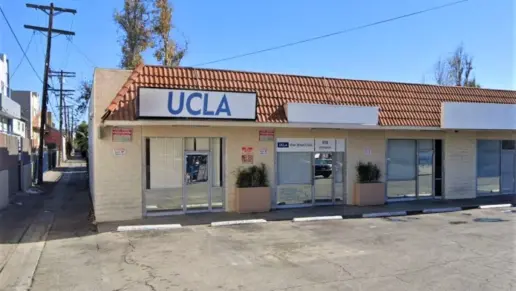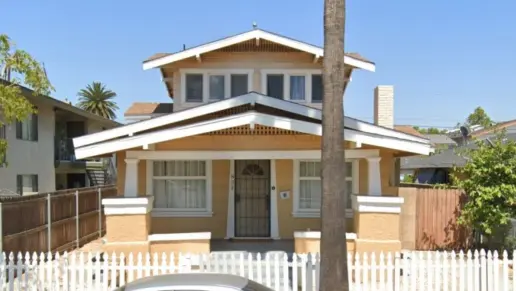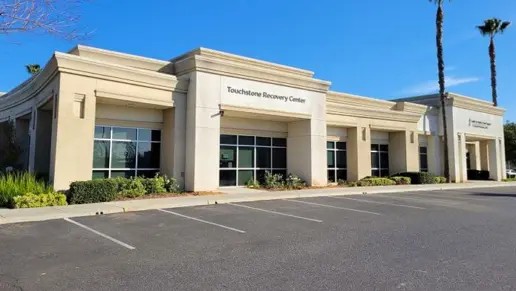About Helen Vine Recovery Center
Helen Vine Recovery Center is a licensed 30 bed coed residential withdrawal management and substance use treatment program in San Francisco, California. They offer addiction recovery and co-occurring mental health disorder treatment. They are a part of Buckelew Programs which offers individualized treatment and support services to help people with addiction and mental health issues live healthier and more independent lives.
They place a high importance on accountability, equity and transparency as well as inclusivity. They welcome everyone regardless of identities or circumstances because as a behavioral health organization they sincerely believe that mental health and recovery are facilitated by feeling understood, accepted and supported. They understand the importance of staying up to date and responsive to diverse communities by bringing people together to be their true selves.
They are thought leaders in the fields of mental health, substance abuse and housing equity along with community building. Their offerings are in perfect harmony with their comprehensive cutting edge behavioral health programs. They provide an opportunity for those with alcohol or drug abuse issues including those who also have co-occurring mental illness to start the healing process.
Through customized programs like counseling, education about alcohol and drug addiction and 12 Step meetings, clients find acceptance, hope and support at this facility. They provide community mentors, wellness and life care resources, medical services and relapse prevention.
Self referrals, private insurance and medical professionals are all eligible for this program regardless of their financial situation. The facility is licensed by the State Department of Health Care Services.
Facility Overview
Latest Reviews
Rehab Score
Accepted Insurance
Other Forms of Payment
Private insurance refers to any kind of healthcare coverage that isn't from the state or federal government. This includes individual and family plans offered by an employer or purchased from the Insurance Marketplace. Every plan will have different requirements and out of pocket costs so be sure to get the full details before you start treatment.
Self-pay involves paying for treatment out of your own pocket. You can use savings or credit, get a personal loan, or receive help from family and friends to fund your treatment. If you don't have insurance or your insurance plan doesn't cover a specific program, self-pay can help ensure you still get the care you need.
Financial aid can take many forms. Centers may have grants or scholarships available to clients who meet eligibility requirements. Programs that receive SAMHSA grants may have financial aid available for those who need treatment as well. Grants and scholarships can help you pai for treatment without having to repay.
Medicaid is a state based program that helps lower-income individuals and families pay for healthcare. Medicaid covers addiction treatment so those enrolled can use their coverage to pay for rehab. When a program accepts Medicaid the client often pays very little or nothing out of their own pocket.
Addiction Treatments
Levels of Care
Programs



Clinical Services
Cognitive behavioral therapy in California is a method that therapists often use for the effective treatment of substance use disorders. It is based on the principle that substance abuse stems from unhelpful ways of thinking and patterns of behavior, which can be changed by helping the individual learn better ways of coping.
While participating in dialectical behavior therapy in California, you'll focus on four key areas of skill development: mindfulness, interpersonal effectiveness, emotion regulation, and distress tolerance. Treatment includes weekly individual and group sessions.
During group therapy, men and women learn to express their emotions openly in a non judgmental setting. This helps you process your feelings and reduces feelings of social isolation that are often associated with addiction.
Individual therapy for drug addiction includes a customized treatment plan that considers your history and life circumstances. During your therapy sessions, the therapist helps you uncover underlying issues and triggers for addictive behavior that support a holistic approach to recovery.
For clients who are struggling with ambivalence toward change, motivational interviewing in California can help strengthen their commitment to change. Using a conversational method, the therapist helps you explore your motivations and empowers you to make the changes you desire.
While in rehab treatment, you may work on developing various life skills to help you in long term recovery. These may include resilience, interpersonal skills, and self awareness. The focus will be on developing healthy habits for self care and relationships so you have the skills you need to manage day to day life.
The goal of creative arts therapy in California is to encourage growth and transformation. It can be used in individual and group settings with both children and adults. Options include movement, music, and painting.
Amenities
-
Private Transportation
-
Residential Setting
-
Private Rooms
Staff & Accreditations
Staff
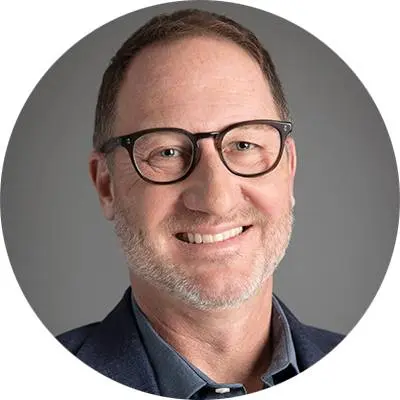
Chief Executive Officer
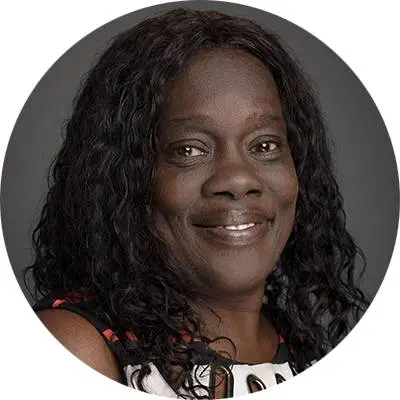
Director of Substance Use Services
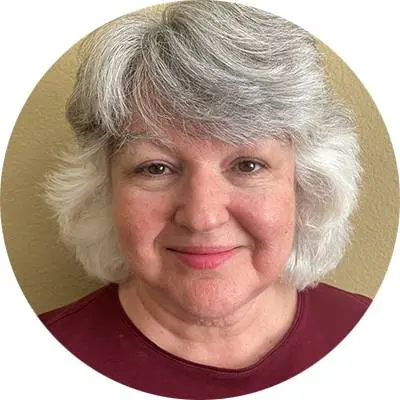
Chief Financial and Administrative Officer
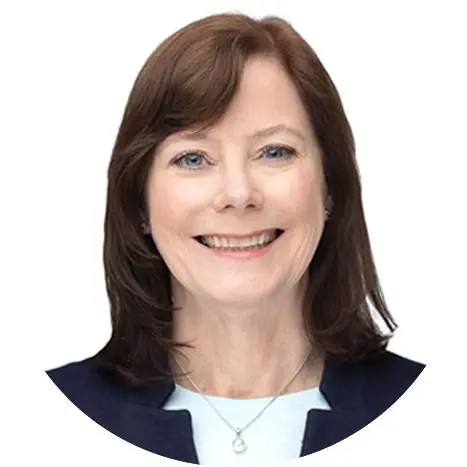
Chief Philanthropy Officer
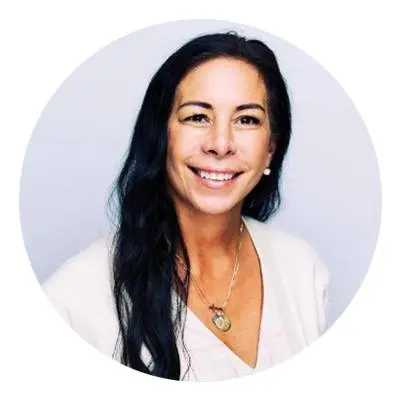
Director of Quality and Compliance
Accreditations

The Commission on Accreditation of Rehabilitation Facilities (CARF) is a non-profit organization that specifically accredits rehab organizations. Founded in 1966, CARF's, mission is to help service providers like rehab facilities maintain high standards of care.
CARF Accreditation: Yes

State Licenses are permits issued by government agencies that allow rehab organizations to conduct business legally within a certain geographical area. Typically, the kind of program a rehab facility offers, along with its physical location, determines which licenses are required to operate legally.
State License: California
Contact Information
291 Smith Ranch Rd
San Rafael, CA 94903





